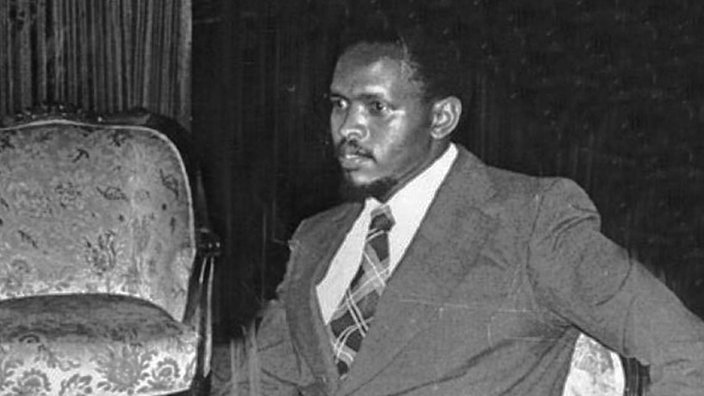Introduction
Steve Biko is a name synonymous with the fight against apartheid in South Africa. His profound contributions to the Black Consciousness Movement have significantly altered the socio-political landscape of the nation. Biko’s emphasis on self-reliance and pride among Black South Africans inspired a generation to challenge the oppressive apartheid regime, making his legacy relevant today as the country continues to grapple with its historical injustices.
Life and Activism
Born on December 18, 1946, in Tylden, South Africa, Steve Biko emerged as a key figure in the anti-apartheid struggle during the 1960s and 1970s. As a medical student at the University of Natal, he founded the South African Students’ Organisation (SASO) in 1968, which propelled the Black Consciousness Movement forward. Biko believed that the key to overcoming oppression lay in the psychological liberation of Black South Africans, advocating that they should embrace their identity and heritage.
Influence on Society
Biko’s teachings resonated across South African communities, leading to a wave of political activism. His work inspired movements like the Black People’s Convention and played a pivotal role in the uprising of the youth, most notably during the Soweto Uprising in 1976. The movement’s ideology urged Black individuals to reject their subjugation and assert their dignity, garnering significant attention both locally and internationally.
Martyrdom and Legacy
Tragically, Biko’s impactful life was cut short when he died in police custody in 1977, but his legacy has persisted. He became a martyr for the anti-apartheid movement, symbolizing the struggle against state violence and repression. After his death, Biko’s writings and speeches continued to inspire activists worldwide, reinforcing his status as an enduring icon of resistance.
Significance Today
Today, Steve Biko’s contributions are honored throughout South Africa, culminating in the annual celebration of Steve Biko Day on September 12. His call for self-worth and unity remains relevant as the nation seeks to address systemic inequalities and promote social justice. The principles behind the Black Consciousness Movement still resonate, advocating for a society where all individuals are treated with dignity and respect.
Conclusion
Steve Biko’s life serves as a powerful reminder of the impact one individual can have in challenging oppressive systems. His legacy continues to inspire new generations to fight for equality and justice, emphasizing the importance of understanding one’s identity as a catalyst for change. The movement he founded endures, advocating for a united and liberated society, marking Biko not just as a historical figure, but as an enduring symbol of resistance and resilience.


